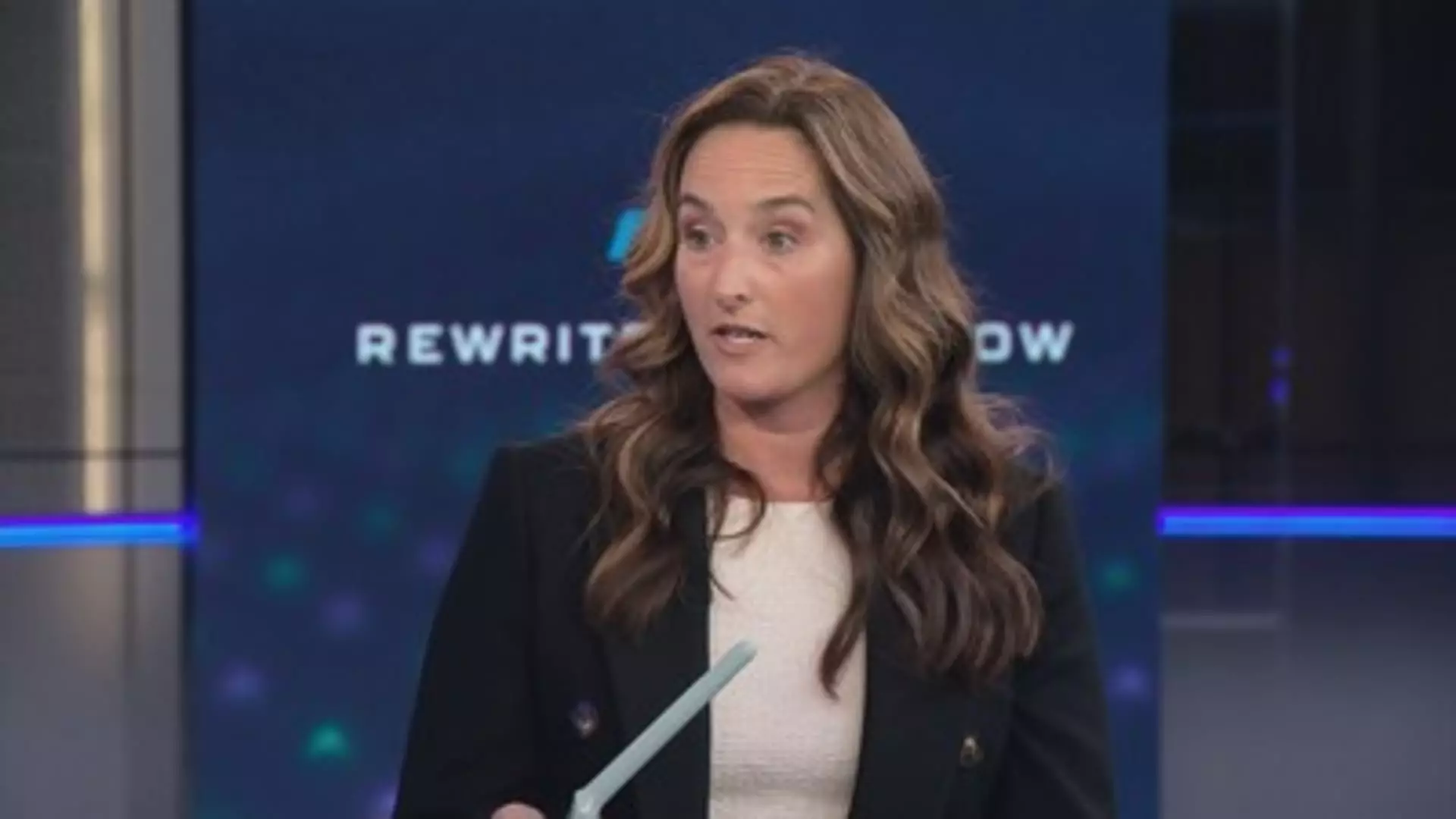In an era where technological advancements continuously reshape the healthcare landscape, Teal Health’s recent FDA approval for the Teal Wand signifies a monumental shift in how we approach cervical cancer screenings. This at-home test has the potential to democratize access to health services and place the power of prevention directly into the hands of women. The idea itself is revolutionary; a self-administered test that makes cervical cancer screening as easy and discreet as using a tampon.
While the convenience factor cannot be overstated, it’s also essential to recognize the gaps in current healthcare access that this device aims to address. With one in four women overdue for screenings, primarily due to barriers in accessing care—especially in rural areas—tearing down these obstacles is not just beneficial; it is absolutely necessary. The Teal Wand is not just another tech gadget; it’s a promise of inclusivity in healthcare that many women have long been denied.
A System That Needs Changing
The pandemic served as a harsh teacher, illuminating the inadequacies of our healthcare system and highlighting telehealth as a viable option for Americans. We have all grown weary of the cumbersome traditional medical appointments that feature long waits and uncomfortable interactions. Now, with the endorsement of a credible health agency, the Teal Wand is poised to capitalize on this shift in attitude toward remote healthcare solutions.
Of course, this should come as no surprise. Historically, women’s health has been underfunded and overlooked. Teal Health’s success and subsequent funding, including a notable $10 million round led by Forerunner Ventures and the Emerson Collective, signal growing investor interest in women’s healthcare innovations. Yet, one must ponder whether this interest will sustain, or if it reflects a fleeting trend. The decisive factor could lie in how well the Teal Wand performs in real-life usage outside controlled clinical trials.
The Numbers Speak Volumes
One cannot ignore the striking statistics that accompany this new venture. With a 96% accuracy rate, the self-administered test not only rivals in-office screenings by healthcare professionals, but it also confronts the notion that anything done at home is inferior to professional assessment. The successful outcomes of the clinical trials lend credibility to the technology, but they also cast a glaring spotlight on existing healthcare practices.
Moreover, let’s examine the funding landscape: $680 million was poured into women’s health-tech in just a year, with approximately 60% of that going toward later-stage innovations. This growth reveals an undeniable awakening among investors. It’s a rare moment where women’s health is finally being recognized as a viable and essential sector worthy of investment. However, can this interest continue to grow? Or will it fall victim to the cyclical nature of venture capital where one hit success draws attention away from others?
The Broader Implications of Improved Accessibility
Teal Health’s mission resonates deeply with a progressive societal outlook. This is not just about a new toy for the wellness-enthused; it embodies a critical redesign of women’s healthcare. The concept that women may perform their own cervical cancer screenings punctures the long-held belief that women need to be physically present in a clinical setting to receive quality care.
This is revolutionary because it signifies a cultural shift—a step toward eliminating the stigma and discomfort that often accompanies gynecological exams. More options mean more empowerment. Teal Health’s device could stand as a catalyst for broader healthcare reform, balancing the scales and bringing the healthcare conversation around women’s issues to light.
Investors like Serena Williams are not merely funding an application; they are investing in a vision for a future where women’s health is prioritized and innovative solutions are commonplace. As these changes unfold, we must demand not just participation in women’s health conversations, but leadership in driving the advancements that enable true equitable care for all women in America.

